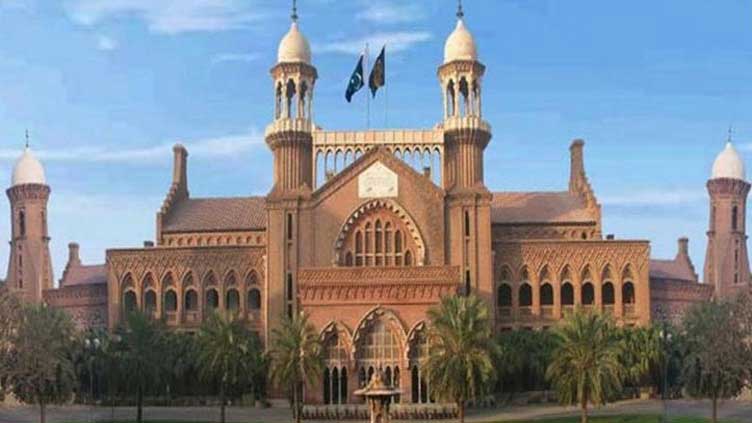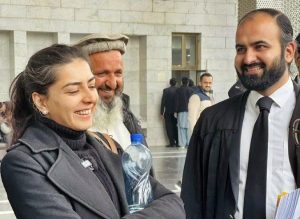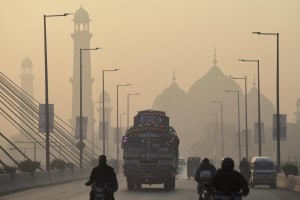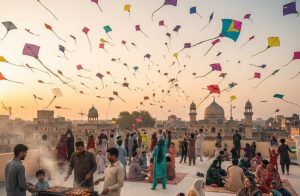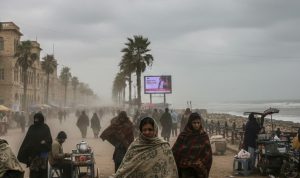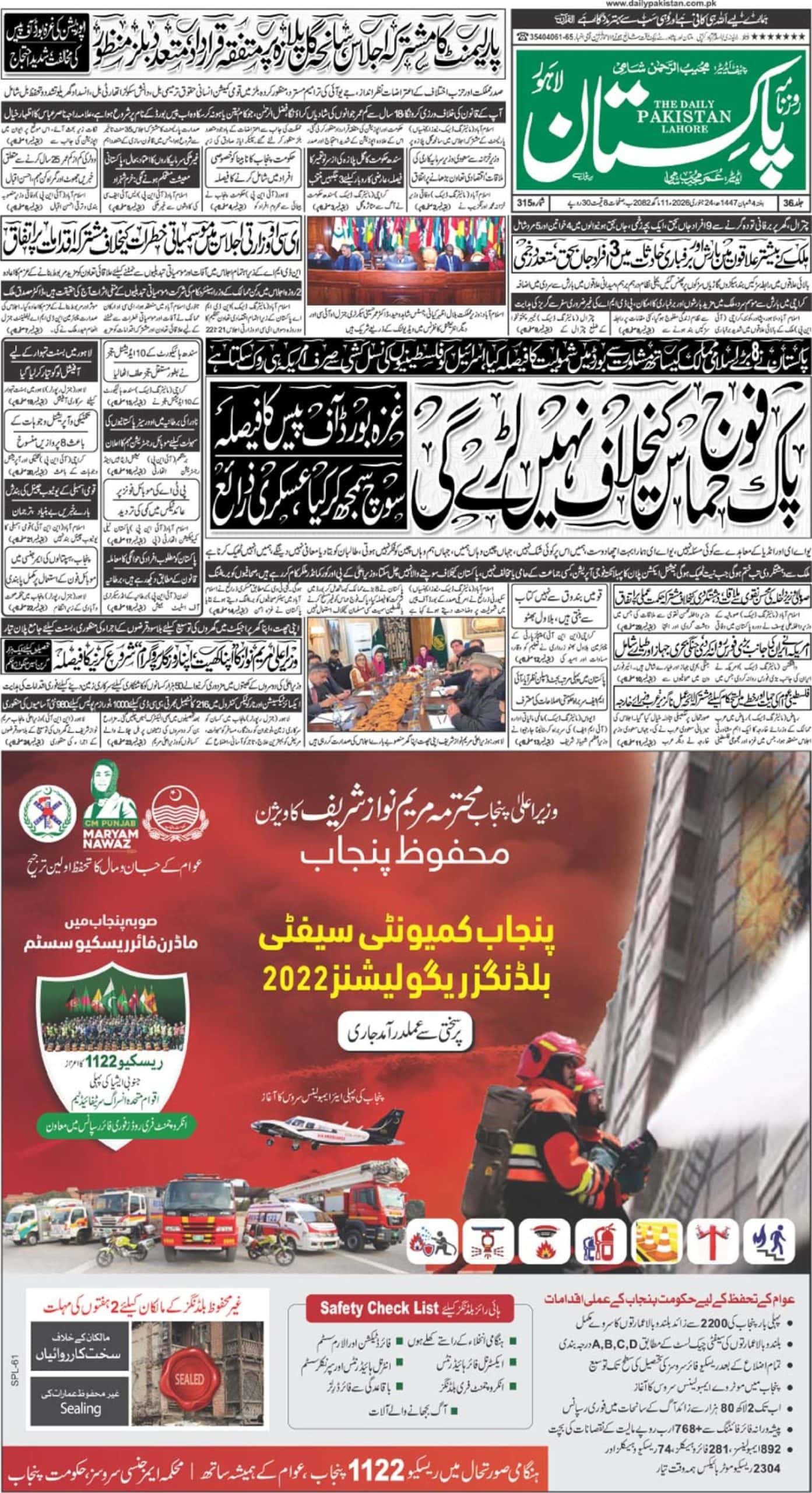LAHORE – The Lahore High Court on Saturday ruled that women who seek separation through khula are still entitled to receive their dower (haq mehr), especially if the separation is based on mistreatment or abuse.
Justice Raheel Kamran Sheikh issued the ruling while hearing a petition filed by a citizen, Asif Mehmood, who had challenged a trial court’s decision ordering him to pay Rs300,000 in dower and dowry. The petitioner argued that under a previous Supreme Court decision (Muhammad Arif vs. Saima Noreen), a woman who opts for khula is not eligible to claim dower. He also claimed that no dower was given or demanded due to the modest financial background of both families.
However, in his written judgment, Justice Sheikh observed that giving dowry is a deeply embedded cultural practice in Pakistani society. Parents, regardless of financial capacity, often feel socially bound to provide dowry for their daughters.
He further explained that divorce (talaq) is primarily a man’s right, and in such cases, the husband cannot demand the return of dower or gifts. This is supported by Surah Al-Baqarah (Verse 229) and Surah An-Nisa of the Holy Quran.
The judge also referred to the Imran Anwar Khan case, where it was ruled that if a woman seeks khula merely because she no longer likes her husband, she must return the dower. However, in the 2024 Haji Saif ur Rehman vs. Islamic Republic of Pakistan case, the Federal Shariat Court ruled that if khula is sought due to domestic abuse, mistreatment, or cruelty, the court may allow the woman to retain her dower based on the evidence presented.
Justice Sheikh emphasized that marriage is a mutual contract, and dower serves as financial protection for the wife. If the husband’s behavior forces the wife to seek separation, she remains entitled to her full dower.
Asif Mehmood’s wife had accused him of violence and mistreatment during their nine-year marriage.
The court noted that the woman had fulfilled all her marital responsibilities and held that depriving her of her dower would be unfair, particularly since the khula was a result of sustained abuse.

